
SELF-HELP AND RESILIENCE IN THE DEMOCRATIC REPUBLIC OF CONGO
I interviewed Bertin Kalimbiro from the Democratic Republic of Congo about his work in the Goma region to grow food safely and help people threatened
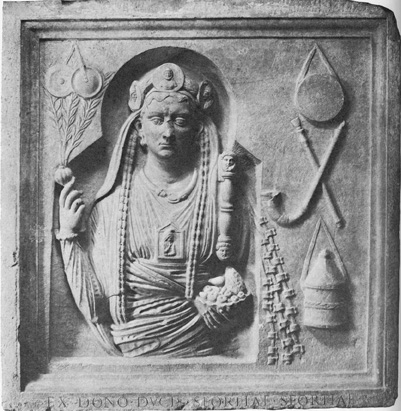
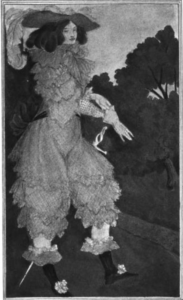
When the British press ‘outed’ me they chose not to cover my real story. They could have asked about my childhood or the years in the closet, they could have invited me to explain or quoted my article, they could even have taken an interest in how I’d changed and who I’d become; instead they lampooned me as a ‘self-confessed transvestite’ and ‘Labour loony’, who shouldn’t be teaching in a school.
Of course, a human-interest story wouldn’t have suited their purposes. They wanted a cautionary tale about people in left-wing groups to amuse and scare their readers. ‘Don’t go there!’ they were saying, pointing at me. I was their shadow side, the enemy within, an example of why it was better to project, act tough and not let down the barriers. Because, of course, to understand yourself you have to accept that we’re all on the spectrum.
My story began with leaving university and setting up home with another teacher. I imagined that getting married and having children would be my introduction to what the world called ‘maturity’. And for a while, it seemed I might indeed be able to ignore my urges. I also had a belief that an awareness of my past would keep me ‘in the clear’. To stay in touch but not act out, I told myself, was nine-tenths of the battle.
At another level, I probably realised that my mind games wouldn’t work. Despite the ever-present risk of discovery, I’d been cross-dressing for 20+ years, so it had to go deep. In the words of an old song it had ‘got a hold on me’ – and that made it dangerous and hard to handle.
From the start I’d been a reactive child, so when I ‘dressed’ I’d shake, go weak and be all of a flutter. I was at the mercy of this other, secret self. Suddenly I was lit up, warm and see-through like a butterfly in the sun. But as time went on, my sessions became more lurid, dressing and ogling in the mirror then gradually stripping off and acting like a vamp.
But then I reached a point where I told myself I’d outgrown all that.
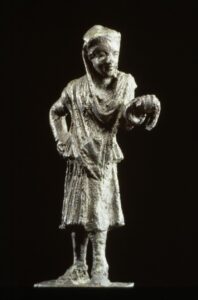
So, in the first flush of marriage, although I was tempted, I managed not to touch my first wife’s clothes. Instead I told myself that being affectionate was enough to satisfy my ‘feminine side’ and therefore I didn’t need to do it. But as the marriage became more difficult, my ‘dressing’ returned, though the feel was rather different. By now, as an experienced man, I didn’t believe in guilt or shame, but I still felt too raw and inexperienced to be seen, so I dressed in private and got it over quickly, keeping a distance between self and behaviour – and my habit remained nameless, and no part of me.
Then I started drinking. I saw alcohol as a lifeline, giving me the strength to get through the day. Part of the problem was that I wanted to write and work stood in the way, but also I’d always been tired, with headaches and fatigue, and teaching compounded the problem. In the classroom I could carry off the act, and the pupils respected me, but in the evening I was exhausted. So I needed a pick-me-up, something stronger to get me through.
For a while, I used drink as an extension of myself. So I went all evening topping up my glass, aiming to maintain my high at just the right level. That was what I told myself, but in reality by late evening I’d lost all control. My warm, helpful glow had become an inflationary blur that softened everything, making me feel both collapsed and larger than life. I remember promising myself that I’d use this experience as material for my writing, and imagining my name bracketed with Dylan Thomas and Malcolm Lowry. But I could barely stand, and next morning my body ached all over. Effectively, I’d exchanged one kind of exhaustion for another. And in that condition anything extra, like writing, was out of the question.
So why did I do it?
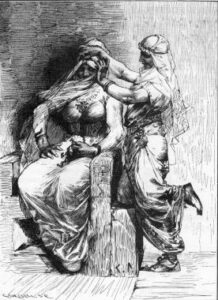
When my wife urged me to see the doctor, I put it off for a while, but ended booking an appointment. I went along expecting nothing, until my doctor asked me if I was hiding something. His question, delivered gently without a hint of disapproval, made me realise it was time I talked.
Telling him I cross-dressed was my first open declaration. I thought he might write it down then pass on to other things but to my surprise he wanted to know more. After listening, he advised me that it wasn’t that unusual and that I should speak to my wife. I left the surgery feeling stirred up. Everything I’d locked up inside me was suddenly rising to the surface. What I was about to say would expose me and there’d be no going back. Fortunately, my wife was more relieved than shocked. She told me ‘If that’s all it was’ I must dress like that and bought me some women’s clothes. That was when things began to change.
I didn’t stop drinking straightaway. It wasn’t till a year later, after several failed attempts, including phone calls and counselling and a visit to AA, that I got up one morning, looked in the mirror, and realised it was over. That day, for the first time, I used the word alcoholic, telling my wife that I intended to give up. Of course I had to prove it with a period of abstinence but my resolution held and eventually I went public, declaring my problem and asking my friends to help me stay dry.
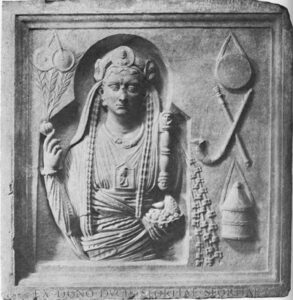
So the talk with the doctor had helped. he’d taken me seriously, which I’d not expected, and offered an opinion that what I’d been hiding wasn’t so unusual – and he’d done it calmly, without talking down. Listening to him I realised I wasn’t such an oddity after all. His words had set off a process that changed my habits and my views on gender, leading to health, renewal and, of course, being outed by the papers.
After speaking to my first wife and the doctor I started wearing women’s clothes at home. In the safety of the house I wore long skirts and blouses and practical shoes. The women I admired weren’t that glam so I didn’t use make-up or wigs, preferring to appear as a man in a dress. Of course I felt odd, but I carried it off by giving the impression that nothing much had changed. In truth, I was hiding my doubts behind a smile. It was like stepping out on stage, unprepared, with no idea of what I was going to say. So I didn’t get too ‘done up’ at home, mainly because I loved my children and didn’t want to upset them. The message was: ‘I’m still your dad’. But although I cross-dressed with family and friends, I was still shy around windows and hung back when someone came to the door. Sometimes I had to change in a rush and pack away the clothes in order to avoid discovery. Although I felt happier in myself, it wasn’t easy to wear women’s clothes and remain invisible.
But when the papers featured me I was forced into the open. So I began going out cross-dressed, though in ways that reduced the risk, working out my route in advance and driving after dark. It still felt dangerous walking to and from the carpark, but very few people seemed to notice. I went to political meetings using a long poncho to cover my clothes and attended parties wearing earrings and heels – putting on a show, dancing wildly and getting into arguments when people made snide comments. I joined the gay movement, learning that being ‘out’ is a continuous effort, and on Pride days I demonstrated. I remember travelling to a transvestite/transsexual pub in Islington and not feeling comfortable because of the emphasis on glamour and the pressure to ‘go the full way’ and have an operation. I think being trans today is much more open to individual variation. It might seem that ‘passing’ as a woman, though difficult to achieve, is safer than being identifiably in between like Eddie Izzard.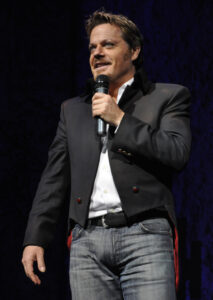 But whatever you do word gets out. And of course I know of friends who have been violently pursued, threatened, shunned, ostracised and abused. I was lucky enough not to lose my home, job or relationship and that my mother didn’t find out!
But whatever you do word gets out. And of course I know of friends who have been violently pursued, threatened, shunned, ostracised and abused. I was lucky enough not to lose my home, job or relationship and that my mother didn’t find out!
Looking back now, my story doesn’t feel as dramatic as it seemed at the time. As an author I’m interested in the whole range of human behaviour and what I went through was a fairly solitary experience. It tested me, I was fortunate not to be ‘found out’ until later in life but now it sits quite comfortably on me. And I know it’s important because it feeds into my writing and it has helped me to grow.
Next week’s blog, THE IMPROBABLE WONDERS OF ROBIN GREGORY, is an interview with Robin Gregory whose extraordinary debut novel The Improbable Wonders Of Moojie Littleman has already won 14 literary awards and is being adapted for a film.
The story of my cross-dressing is part of my autobiography Heaven’s Rage. In brief: ‘Heaven’s Rage is an imaginative autobiography. Reporting on feelings people don’t usually own up to, Leslie Tate explores addiction, cross-dressing and the hidden sides of families. Writing lyrically, he brings together stories of bullying, childhood dreams, thwarted creativity and late-life illness, discovering at their core the transformative power of words to rewire the brain and reconnect with life. “A Robin Red breast in a Cage / Puts all Heaven in a Rage” – William Blake. You can read more about/buy Heaven’s Rage here.
ABOUT LESLIE TATE’S BOOKS:

I interviewed Bertin Kalimbiro from the Democratic Republic of Congo about his work in the Goma region to grow food safely and help people threatened

I interviewed computer expert and sustainability campaigner Dr Erlijn van Genuchten, who writes easy-to-understand books based on science full of practical suggestions for planet-friendly living.
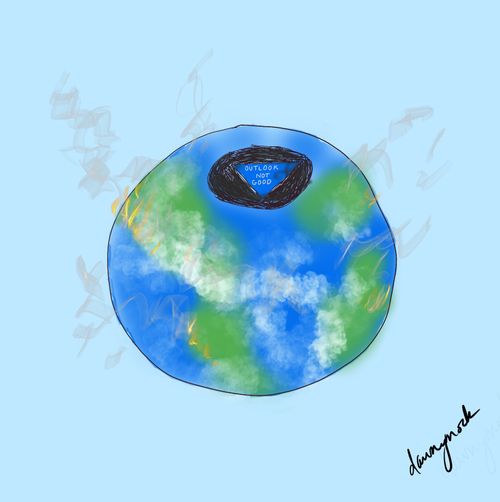
I interviewed Canadian cartoonist Dawn Mockler about how she works on cartoons that might be environmental or wordless but always witty – especially her famous
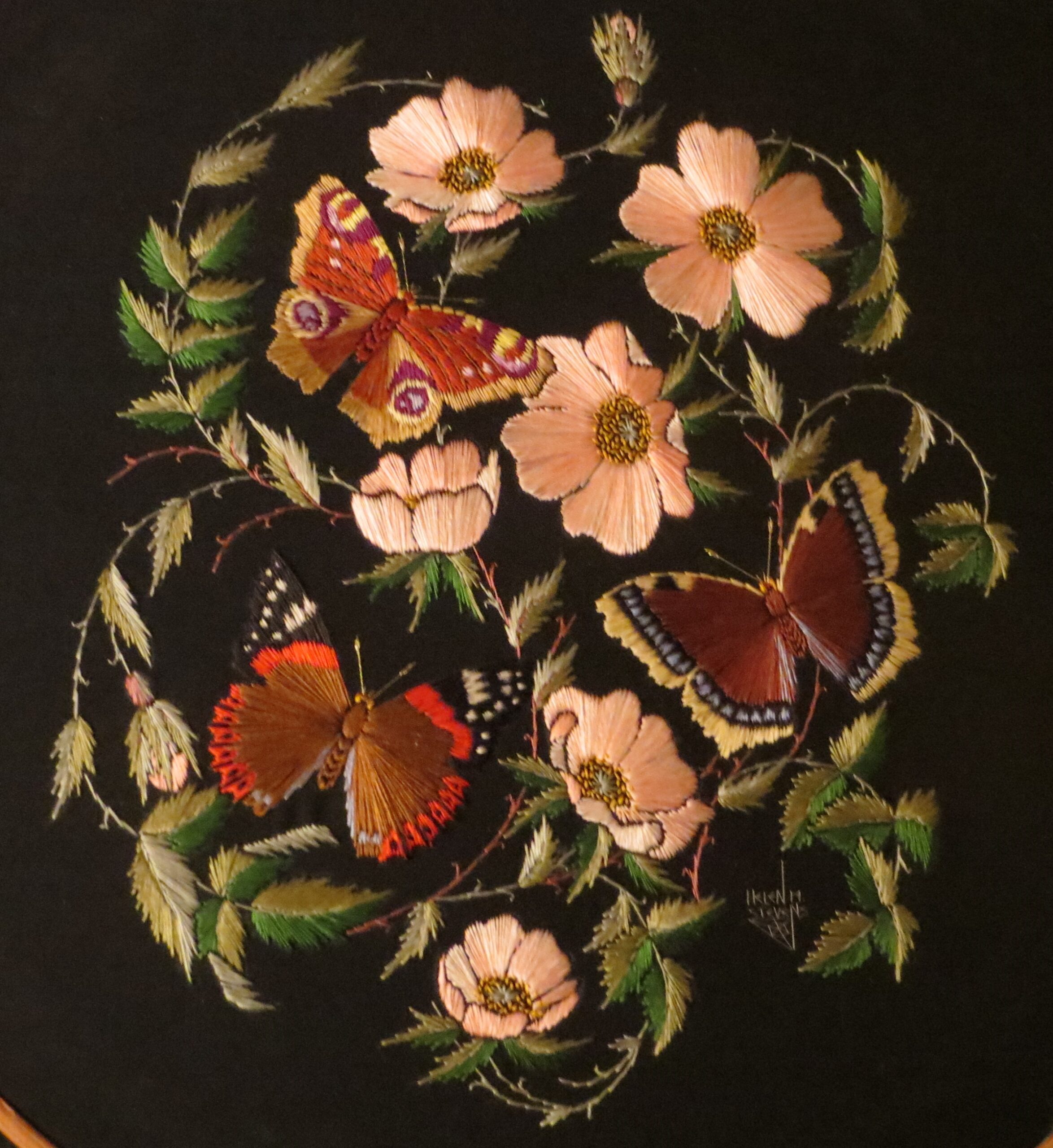
I inteviewed Helen M Stevens about how she has revived the art of embroidery, creating original contemporary patterns while studying and drawing on, “One of
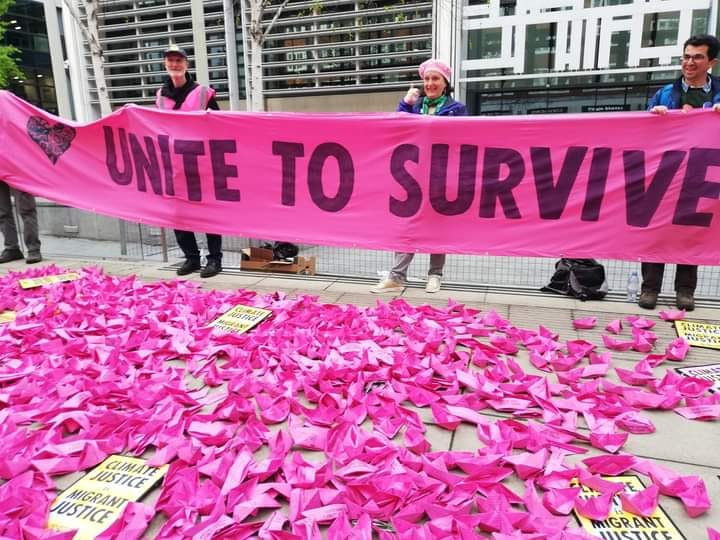
I interviewed Councillor Rachel Smith-Lyte about the origins of her passion for nature and her environmental activism. Rachel tells the story of her teaching (and
| Cookie | Duration | Description |
|---|---|---|
| cookielawinfo-checkbox-analytics | 11 months | This cookie is set by GDPR Cookie Consent plugin. The cookie is used to store the user consent for the cookies in the category "Analytics". |
| cookielawinfo-checkbox-functional | 11 months | The cookie is set by GDPR cookie consent to record the user consent for the cookies in the category "Functional". |
| cookielawinfo-checkbox-necessary | 11 months | This cookie is set by GDPR Cookie Consent plugin. The cookies is used to store the user consent for the cookies in the category "Necessary". |
| cookielawinfo-checkbox-others | 11 months | This cookie is set by GDPR Cookie Consent plugin. The cookie is used to store the user consent for the cookies in the category "Other. |
| cookielawinfo-checkbox-performance | 11 months | This cookie is set by GDPR Cookie Consent plugin. The cookie is used to store the user consent for the cookies in the category "Performance". |
| viewed_cookie_policy | 11 months | The cookie is set by the GDPR Cookie Consent plugin and is used to store whether or not user has consented to the use of cookies. It does not store any personal data. |